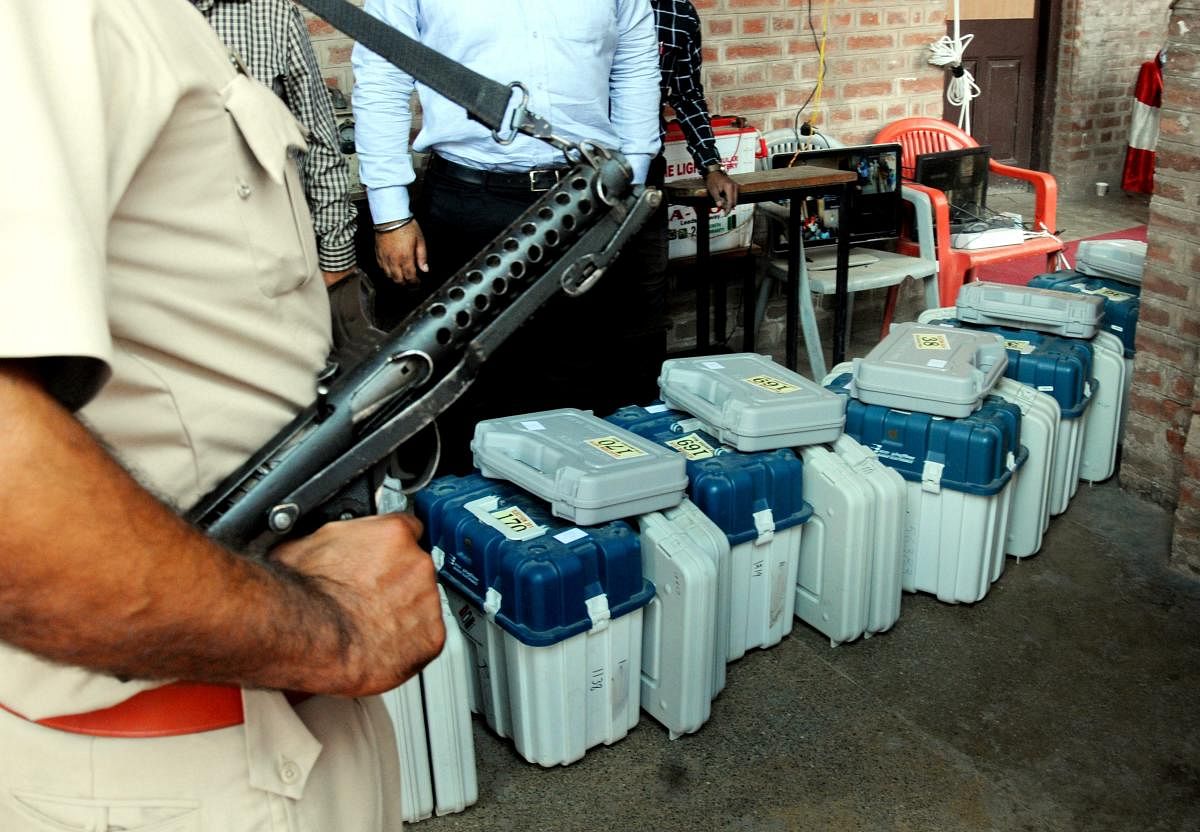
It is unfortunate that the Election Commission has rejected the demand of opposition parties for a change in the procedure for tallying the Vote Verified Paper Audit Trail (VVPAT) slips with the votes registered in the Electronic Voting Machines (EVMs). The use of EVMs has been a contentious issue and the opposition parties have approached the Election Commission and the Supreme Court many times on various issues connected with their use. The Supreme Court issued a directive to the commission last month to increase the number of EVMs that will be subject to random verification using their VVPAT slips from one per assembly segment to five. But the commission has not yet framed guidelines on how the verification is to be done. The opposition parties have demanded that the tallying should be done before the counting of votes, as in the case of postal votes, and if any discrepancy is found in the VVPAT verification, all VVPAT slips of that assembly segment should be counted.
At present, it is proposed to do the tallying at the end of counting votes on the EVMs. In fact, there is no protocol on what should be done if there is a discrepancy between the EVM count and the VVPAT slips in any sampled polling station. It will not do any harm if the tallying is at the beginning of the counting instead of at the end, especially when the commission has said that there is 100% match between VVPAT slips and EVM votes. The commission says that there will be delay in the announcement of results. The election process has already been stretched for nearly two months and it would not matter if the results are delayed by a few hours or even a day or two. What is more important is the credibility of the election process which has already taken a knock with the partisan conduct of the Election Commission.
There are charges of tampering of voting machines, questions about their wrong movements and of other security-related issues. The commission has denied any irregularity or malpractice at any stage in the use of the EVMs. It may be that the opposition parties are exaggerating their concerns or fears. But it is the commission’s duty to ensure that no party has a complaint about the election process and there is maximum transparency in the conduct of elections. As the opposition delegation told the commission, the parties represented 70% of the country’s electorate. With its decision on the VVPAT audit, the commission has lost another opportunity to be fair and even-handed in its conduct, after the many bad decisions it has taken in the last few weeks.